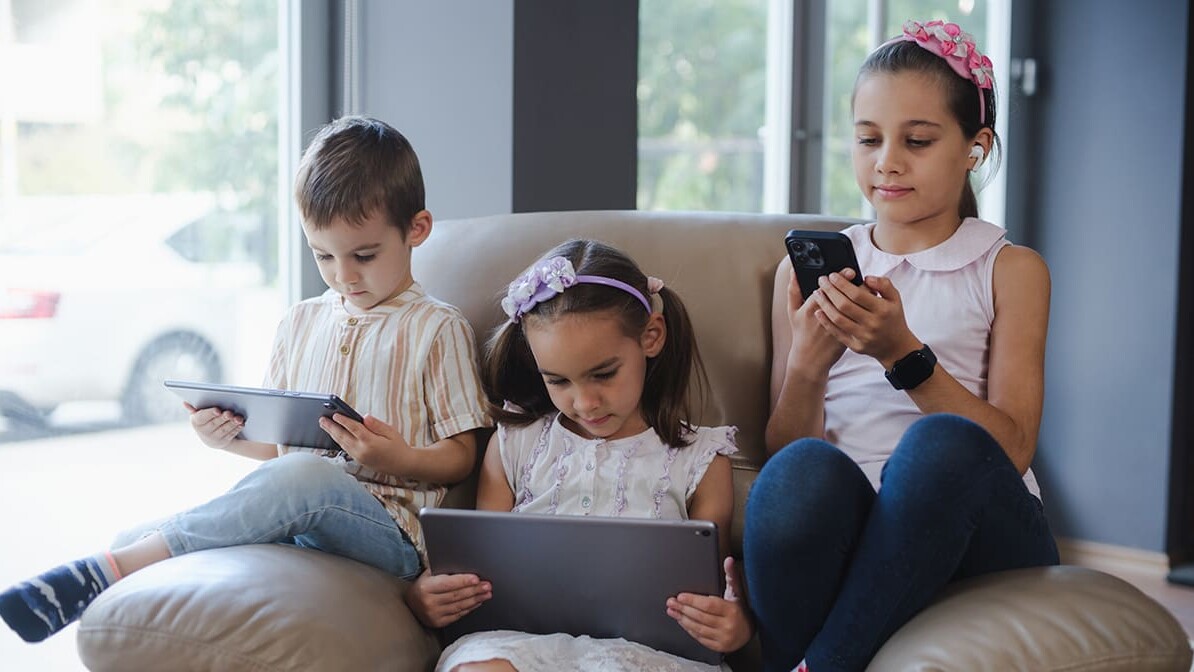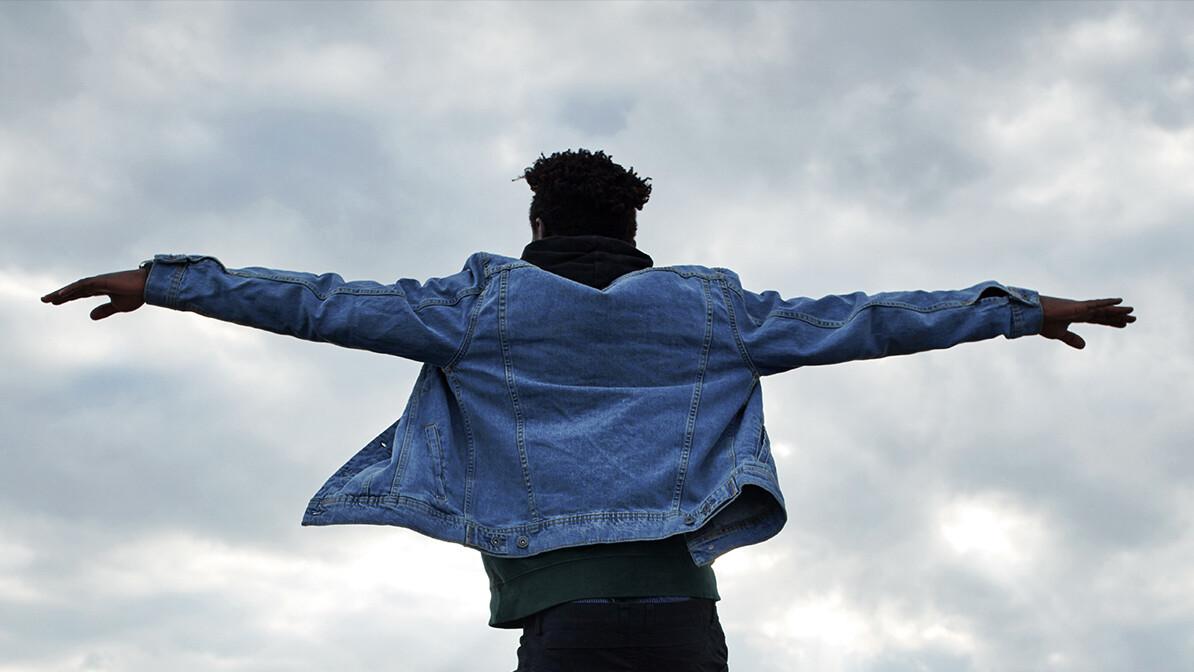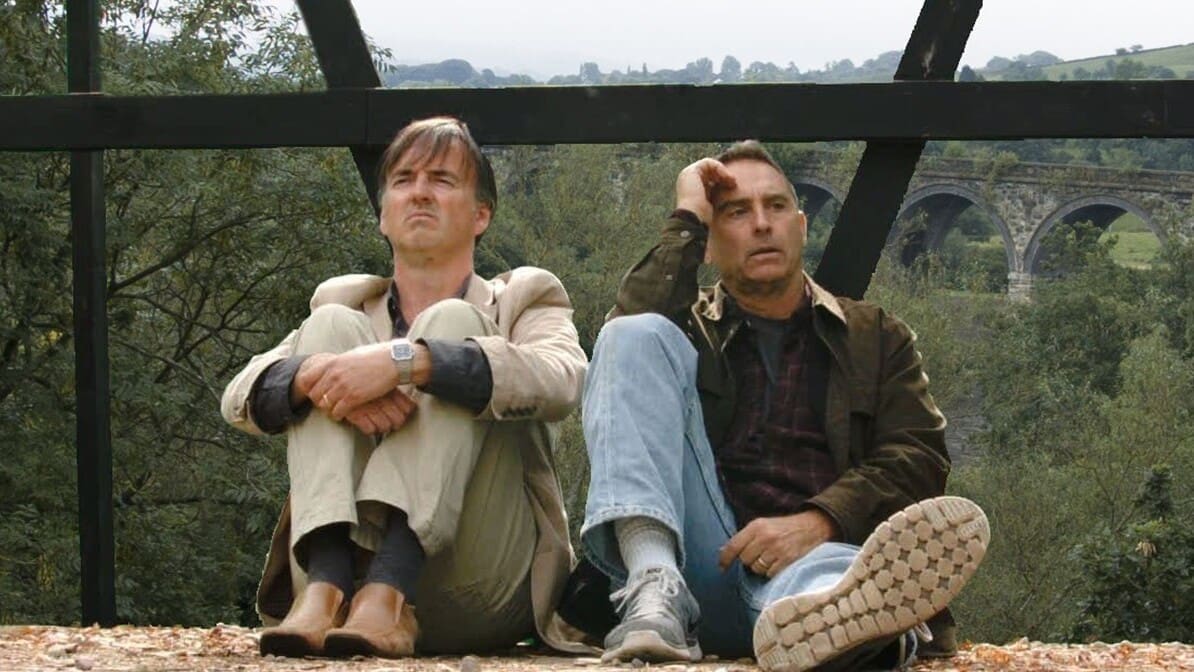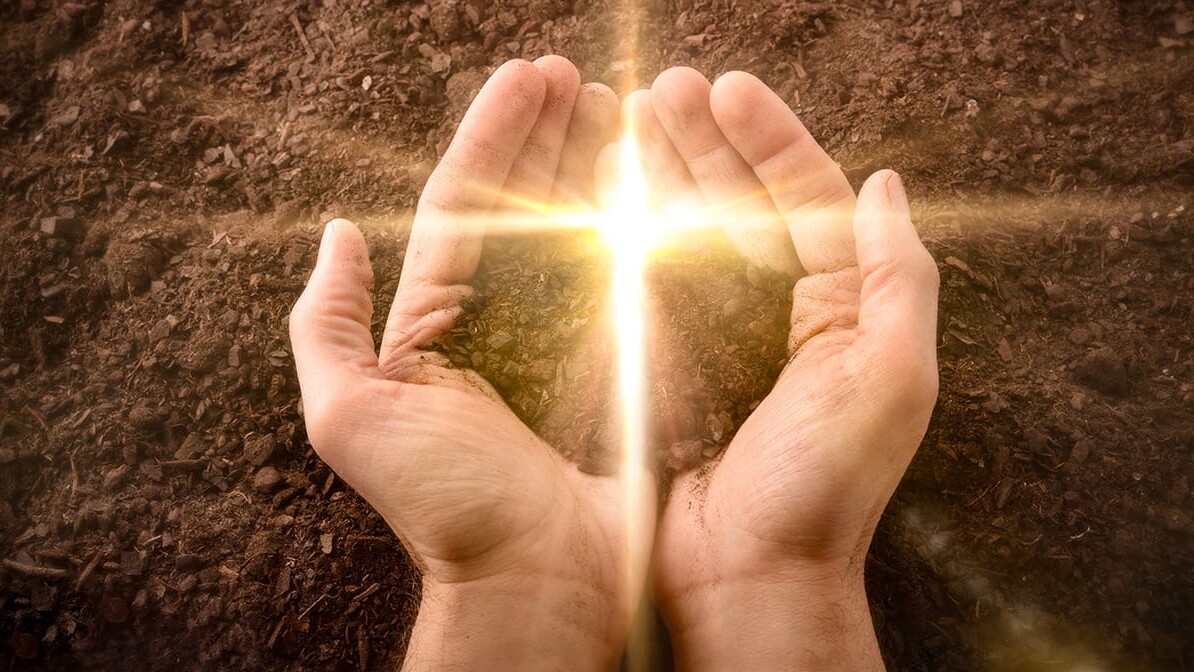- Home
- Entertainment
- Miss America Betty Maxwell: ‘Never Give Up on Your Dreams’
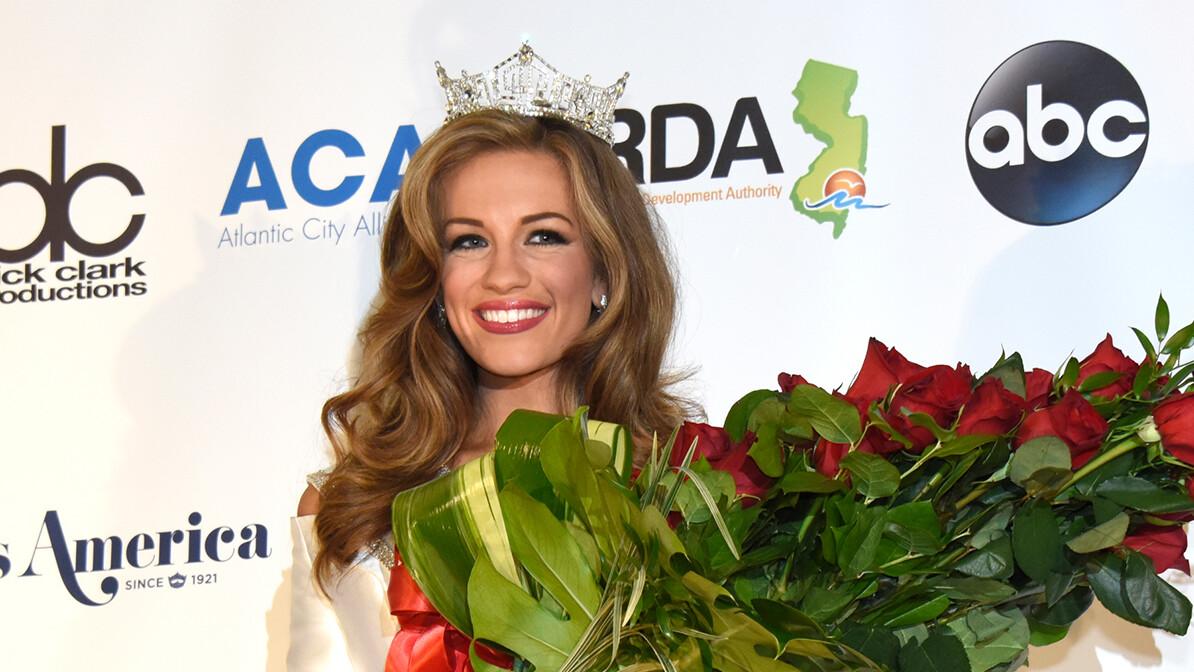
Miss America Betty Maxwell: ‘Never Give Up on Your Dreams’

Betty Maxwell: Ever since my year as Miss America I have taken on this personal platform of using my own experiences to help other people to grow in themselves and to grow in their faith and achieve their dreams and their career goals. When the opportunity came for me to write my own book, I just knew that that was what I had to write about. I knew I wanted to take all my vulnerable experiences from birth to present day and explain everything that I’ve been through in my life and how I overcame obstacles, how I achieved goals, and how I stepped out of my comfort zone to try new things, which inevitably led me down the career path that I’m in now and led me to become Miss America. So when the opportunity came, I knew that that’s what I wanted to write about.
The process of writing the book was kind of scary because the things that I talk about are very vulnerable for me. Obviously, I talk about dating. I talk about going through that awkward stage in middle school and the hardships that I went through in college and the things that people don’t really talk about on a daily basis because it is very vulnerable for people to talk about those sorts of things. But that was what made me want to talk about it all the more because people are afraid to talk about those things that we all honestly deal with. It’s so common that people don’t want to talk about it. I wanted to be the person to say, “You know it’s okay to talk about these things.” Especially if my experiences can help somebody else with what they’re going through.
JF: What is the overall message you hope readers take from your book?
Betty: To never give up on your dreams. No matter how many naysayers or negative people there are in your life trying to bring you down and trying to tell you what they think you should be doing or what path that they think that you should go down to always follow your heart and never lose sight of what’s most important to you.
In my book, I talk about how life is short and how I’ve dealt with loss in my life. I’ve dealt with many hardships that have made me come to realize how short life is and how we only get this one chance to make our mark on this earth and you have to seize every moment and take every opportunity. A lot of times that means creating your own opportunities and stepping outside of your comfort zone. I really feel like this book will give young people a lot of answers, inspiration, and hope for their future.
JF: Why is that message so important in today’s world?
Betty: I think it’s funny because in today’s world we have social media so it might seem like there are outlets everywhere for people to see what everybody’s doing on a daily basis so we can all learn and relate to each other. And in a way that’s true, but I also feel like social media has taken over in a sense that can be really negative for young people today. That being said, when I was growing up, there wasn’t social media so I didn’t have to deal with this constant pressure to compare myself to other people, to live up to these expectations of perfection, especially for young women.
What I discuss in the book are real things, everyday things that girls deal with, the things that social media really doesn’t talk about because they aren’t very glamorous. They aren’t the things that people want to promote on their social media pages. I think that my book is actually more of like a real nitty-gritty girl talk.
I don’t want to say it’s just for girls because I definitely think my book brings something to the table for young men and women. But I find as a woman that social media has so much pressure over young women, especially to be perfect, to compare themselves, and comparison truly is the thief of joy. I just want to be a good role model for young women, whereas social media has created these role models that really aren’t realistic or relatable whatsoever. If anything, it’s impossible to relate to the young women you see on social media today.
I really wanted to make this book to be an outlet for young women, to have someone who actually is really like a girl next door. I grew up on a farm in a double-wide trailer and I went on to become Miss America. I want to use my story to help young people know that they can achieve anything no matter where you come from, no matter what your background is. You can do what you want to do in this life and I’m here to prove that and to show you how.
JF: What did you learn about yourself from writing Miss Unlikely?
Betty: I learned — I don’t know how to say this accurately — but I’m proud of myself for being able to be so open and share things that I’ve never shared before, especially on such a large public scale. Going through each ex-boyfriend that I had and what worked and what didn’t work. And why sharing that is important.
In the dating scene, every young person goes through these obstacles, but like I said nobody talks about it — going through my parents’ divorce, dealing with losing my mother-in-law to suicide. These are all things that were very difficult for me to share, but I really knew and hoped that by sharing these things that I would be helping somebody else.
I would say that I’m proud of myself for that and that is definitely something that I learned about myself. I am willing to be open and vulnerable in order to hopefully help somebody else out that might be going through the same thing.
JF: You touched on this a little bit, but what kind of worries or fears did you have while writing this book and were there any chapters in particular that were more difficult than others?
Betty: Yes, definitely. The chapter about my year as Miss America was definitely something I was nervous about talking about because of the pressures that I dealt with while being Miss America. Not just because of the pressure of being Miss America every day, but because of the pressures from the Miss America organization that I dealt with.
The leadership that we had at the time. Obviously that leadership is gone now. They were forced to resign because of some scandalous emails that came out toward the end of my year. Talking about those things in the book and what I dealt with while I was Miss America was very scary just because I’ve dealt with the organization trying to come after my career in the past.
My husband and I actually almost had a reality TV show when we lived in Nashville and the Miss America organization actually sent us a cease and desist letter. They were afraid of what I was going to say about my year as Miss America, about the organization — just honest details about what I actually dealt with during my year. So writing a book about it and including a chapter about what I actually went through during my year as Miss America and what the realities were about being Miss America.
It’s not all glamorous. It’s not always what people think it is. I traveled 20,000 miles per month. I was exhausted all the time. There was this constant pressure to be perfect every single day. You’ve got people criticizing everything about you, how you look, how you talk, how you act, because they expect you to be perfect because you are Miss America. That was one of the hardest years of my entire life.
So talking about that in the book actually was very therapeutic for me to actually be able to write it all down and finally get all my feelings out and my side of every story that came out during my year as Miss America. Although it was very therapeutic, it was also very scary to talk about because of that vulnerability. It is terrifying for people to be so open and vulnerable and the same goes for me.
Another thing that was really hard to talk about was my parent’s divorce and also my mother-in-law’s suicide, which was still very fresh at the time of writing this book. That was very difficult. But my husband and I felt like it was so worth it to include chapters on all these things because of what we’ve learned — the healing process after losing his mom. So many different things come into play there that we felt were important to include to hopefully help somebody else who might be going through the same thing.
JF: The chapter about your year as Miss America definitely opened my eyes. I guess I assumed a year as Miss America is nothing but glamour and fun. I was amazed by what you had to endure and what came out as a result of that experience. Digging a little further into your past, what was your childhood like growing up in rural Georgia?
Betty: My childhood was different from everybody I went to school with or anybody I came into contact with during my childhood so I always felt very different than my peers. I grew up on about 675 acres in middle Georgia, in the middle of nowhere. Our closest neighbors were like three miles away.
I grew up in a double-wide trailer. We had one TV in the house, no cable. Everything we did, we did as a family. We sat down together and ate our meals together. We talked about life and our days together. We watched “The Andy Griffith Show” together. All we had were DVDs of old shows that my dad and mom enjoyed. So that’s what we did. That’s what I was raised on.
We had all these VHS tapes of Disney movies and whatnot, but the things that we mostly watched were “Andy Griffith,” “Gilligan’s Island,” “Gomer Pyle,” all of that. That’s what I was raised on, which is so funny because I didn’t really have the knowledge of what was going on on cable television to talk about with my peers at the time. I went to school talking about, “Oh, Andy Griffith and Barney, what are they doing today?” It was definitely a different experience for sure.
Growing up in the double-wide trailer way out in the middle of nowhere, inviting friends over to my house was always a different experience. I’m the girl walking around barefoot in the front yard and my friends are trying to keep up with me and they step on a deer bone from a shoot that my dad went on. They’re like, “What is this?” And I’m like, “It’s just bones from a deer carcass, whatever.” It’s something that the dogs were chewing on in the yard. That was just nothing to me and my friends are like, “Where am I?”
It was always interesting bringing my friends over to our house and having them experience what my childhood was, which was always playing outside, hanging out with my dad on the tractor, doing manual labor around the farm, laying pine straw, cleaning the barn. There was always something to be doing and this by no means was what my friends were doing at the time with their young adult lives.
It was definitely a very different upbringing, but as I talk about in the book, I’m so incredibly thankful for that because as this world develops technologically kids are getting so far away from our roots — growing up in the outdoors, playing outside, going over to their friends’ houses. You can’t do that stuff anymore. It’s not like the sixties where kids can just walk around the neighborhoods and be safe. It’s a scary world out there.
I’m really thankful that I had the opportunity to be brought up in a place where I had 675 acres of playground where I could be a kid and get dirty and run around in the woods and go hunting and things that kids don’t get to do anymore. That’s something I really hope to implement into my own kids’ lives. Spencer, my husband, and I really hope to have some property someday where our kids can just be kids and run free and have a childhood somewhat similar to what I was fortunate enough to be brought up in.
…
Order your copy of Miss Unlikely: From Farm Girl to Miss America by Betty Maxwell
Photo Credit: Walt Disney Television / 140767_1DA2338 / CC BY-ND 2.0
Trending Now
Sign up today for your Inspiration Today Daily Newsletter
Supercharge your faith and ignite your spirit. Find hope in God’s word. Receive your Inspiration Today newsletter now!
John Farrell
John Farrell is the Digital Content Manager for inspiration.org. In addition to having written more than 1,000 articles, press releases, and other pieces of content for Inspiration Ministries, NASCAR, Lionel, and Speed Digital, he authored The Official NASCAR Trivia Book: With 1,001 Facts and Questions to Test Your Racing Knowledge in 2012. John is a graduate of Appalachian State University and lives in Concord, N.C., with his wife and two sons.
Related Articles
April 19, 2024
Navigating the Digital Storm: 5 Tips for Mentoring Kids’ Faith
In an age where screens dominate our daily lives, parents face a daunting challenge: How can we…
April 19, 2024
Unashamed: Take Me As I Am
Excerpt from “Chapter 5: Take Me As I Am” of Unashamed by Lecrae The final night of the…
April 18, 2024
Movie Review: Grace and Gravity
According to a report published by the Centers for Disease Control and Prevention (CDC) and posted…
April 16, 2024
‘It Is Well with My Soul’
“It Is Well With My Soul” is a hymn that may bring peace and comfort when considering the peace…
Next Steps To Strengthen Your Walk
Submit A Prayer Request
We are here for you. Simply click on the button below to reach us by form, email or phone. Together we will lift our hearts and voices with you in prayer.
Partner WIth Us
Sow a seed of faith today! Your generous gift will help us impact others for Christ through our global salvation outreach and other faith based initiatives.
Inspiration TV
Watch Christian content from your favorite pastors, christian movies, TV shows and more.



